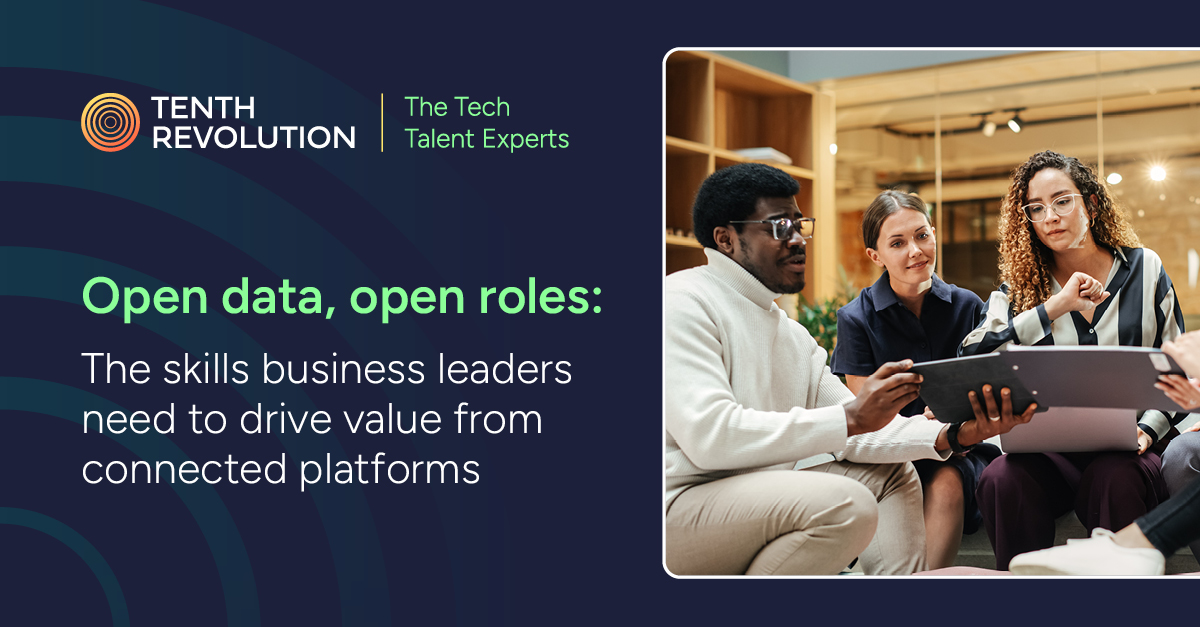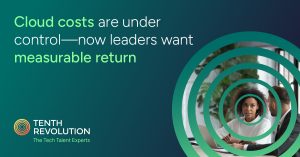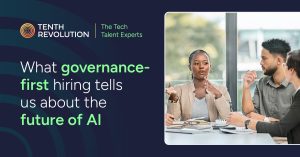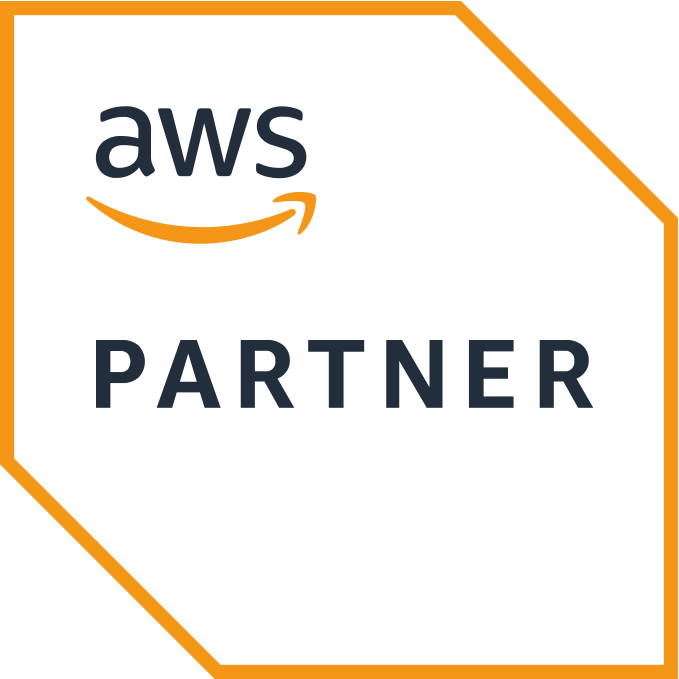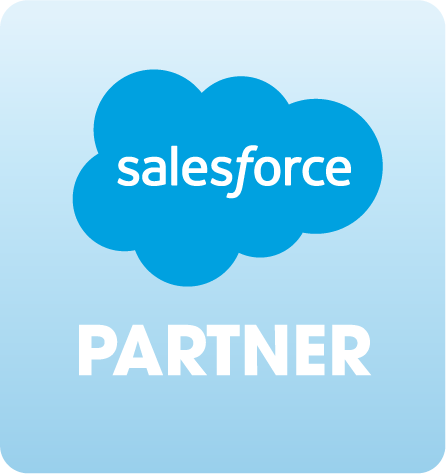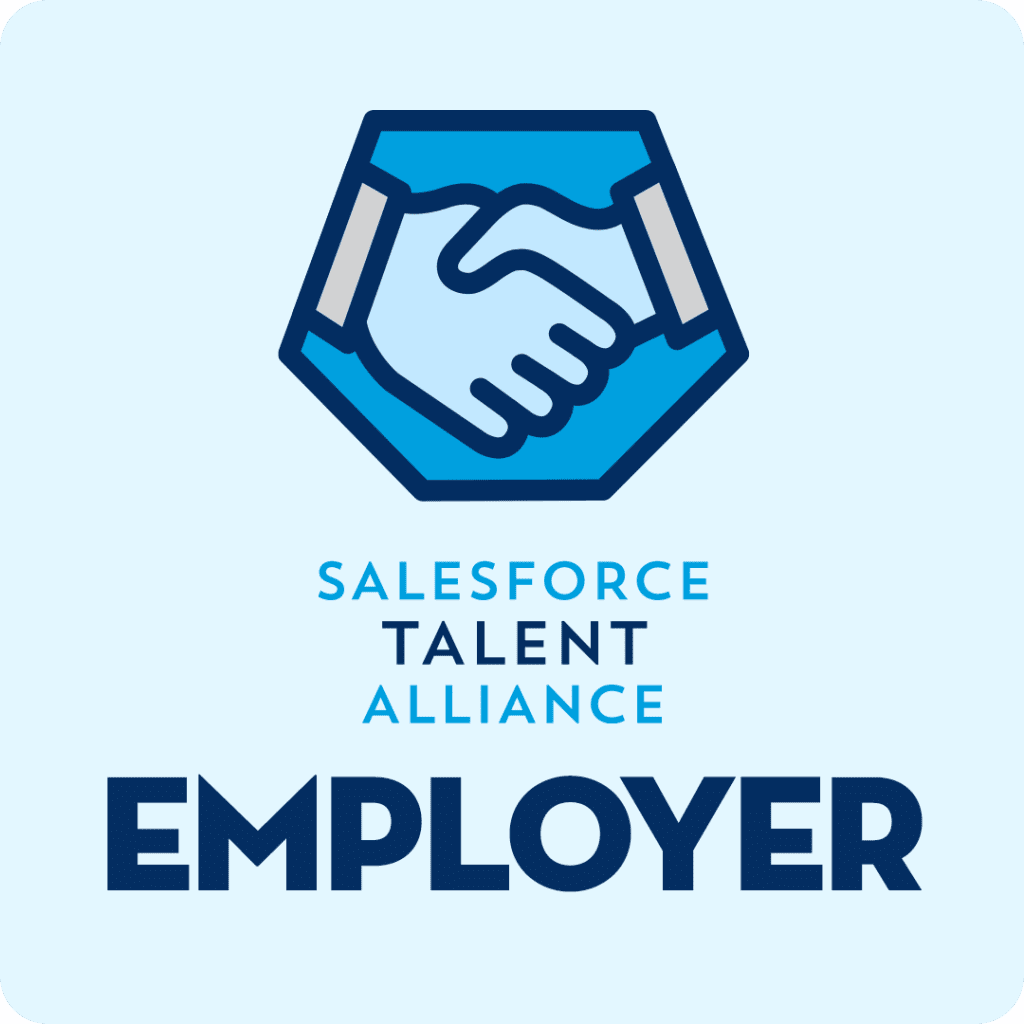Data platforms are evolving, and with them, the skills that define enterprise success.
The convergence of lakehouse architecture, vector search, and open table formats is reshaping how organizations manage and extract value from their data. What began as a technical shift is now driving major changes in business strategy and hiring priorities.
For leaders, this transformation brings new possibilities: faster analytics, real-time personalization, and AI-ready architectures built on governed, connected data. But to unlock that value, enterprises need teams that can navigate the intersection of engineering, governance, and strategy.
From silos to connected intelligence
For years, organizations have struggled with fragmented data ecosystems. Warehouses handled structured reporting, while data lakes stored raw, unorganized information. The rise of lakehouse platforms, which combine the structure of a warehouse with the flexibility of a lake, has created a more unified foundation.
At the same time, open table formats such as Apache Iceberg, Delta Lake, and Apache Hudi are allowing businesses to manage data across multiple systems without locking into a single vendor. These standards enable interoperability, giving leaders the freedom to evolve their data strategies without costly rebuilds.
Vector databases are now adding a new dimension by allowing companies to search and compare data based on meaning rather than keywords. This capability, essential for AI and recommendation systems, allows businesses to make better decisions using both structured and unstructured information.
For executives, the key takeaway is that connected data architectures do more than improve analytics. They create a foundation for innovation. Teams that can integrate, govern, and activate these systems are shaping the future of insight-driven business.
The technology is powerful, but success still depends on people. Tenth Revolution Group connects enterprises with data engineers, analytics architects, and platform specialists who can design connected data environments that deliver measurable business outcomes.
Open data demands new thinking
Open standards bring flexibility, but they also require new skills. Data teams must now understand how to work across systems rather than within them. Engineers who were once experts in a single database must now handle distributed architectures. Analysts must learn to navigate larger, more dynamic data sets.
This evolution has expanded the definition of what it means to be data literate. Business users are expected to interpret insights in context, and technical teams must understand the business goals behind every query or dashboard. In short, data work is becoming more collaborative and more strategic.
To succeed, enterprises need professionals who can balance deep technical skill with cross-functional communication. Data scientists who understand governance, cloud architects who can scale securely, and analysts who can translate complex insights into action are all becoming essential to high-performing organizations.
As the pace of change accelerates, hiring managers are realizing that technical expertise alone is no longer enough. They need people who can think critically about how connected data systems support strategic outcomes. We help organizations find and hire professionals who combine technical capability with commercial insight, ensuring their data investments create measurable business value.
The rise of the connected data professional
As data ecosystems grow more complex, a new kind of talent is emerging: professionals who bridge technology, compliance, and strategy. These individuals ensure that data remains secure and accurate while enabling innovation across departments.
Their responsibilities often include:
- Designing and maintaining open data architectures across lakehouse and warehouse environments
- Implementing governance frameworks that meet compliance requirements
- Connecting data pipelines to AI and analytics tools in real time
- Translating technical insights into business-ready reporting
This blend of technical and business expertise is increasingly valuable. Organizations that can attract and retain these professionals are better equipped to leverage their data as a strategic asset rather than a technical resource.
For executives, that means focusing on workforce development as much as infrastructure. Training, upskilling, and strategic hiring will determine whether open data platforms deliver on their promise of agility and intelligence.
Why this matters now
The convergence of lakehouse and vector technologies is setting the stage for a new era of enterprise data intelligence. Businesses that adopt open table formats and unified architectures are positioning themselves to deploy AI more effectively, respond to market changes faster, and make decisions based on real-time insights.
For leaders, the challenge is no longer collecting data. It is connecting it. Success depends on fostering collaboration between data, engineering, and business teams, supported by clear governance and a shared understanding of objectives.
Organizations that prioritize both technology and talent will be best placed to turn connected data into a competitive advantage.

